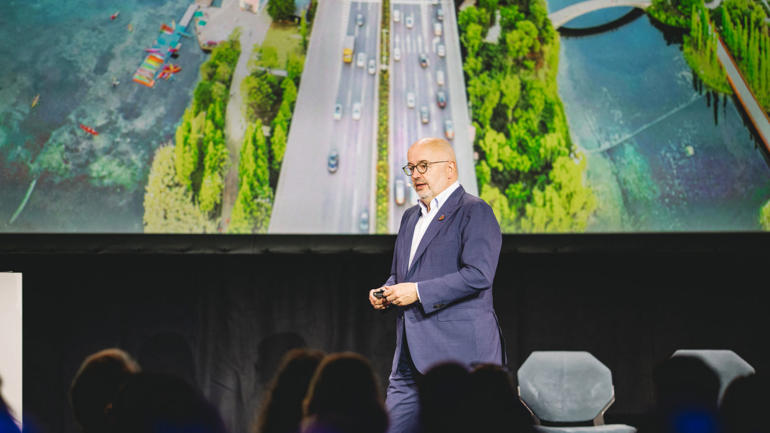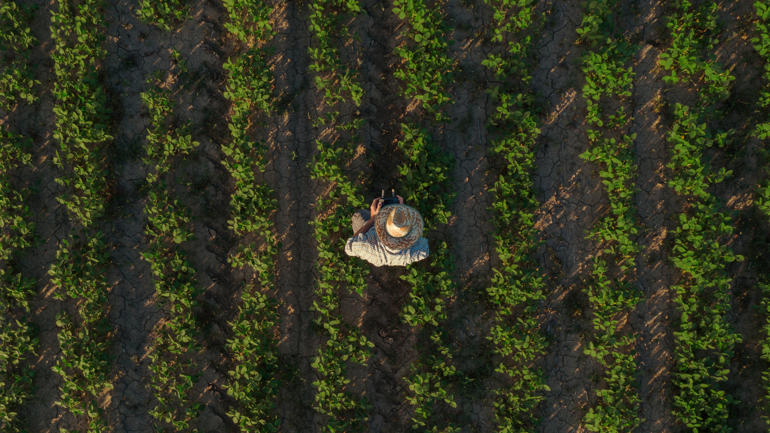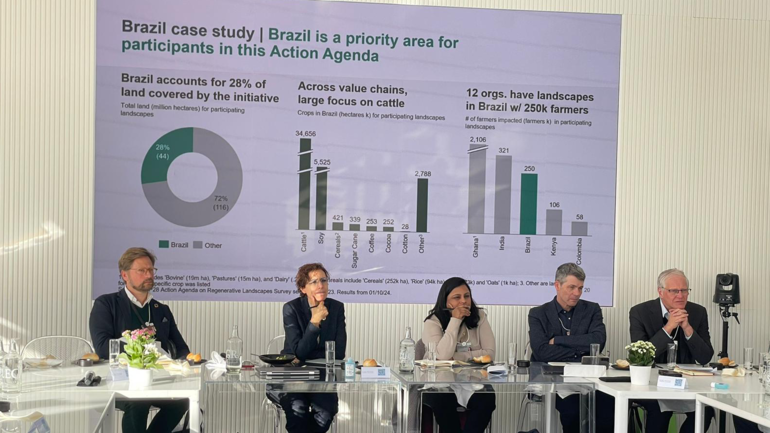Today is the last World Food Day before 2020. This means it is time to put a spotlight on the food we produce and consume, as well as business leadership for change in the next years and decades.
Last month, we saw nature taking a role as prominent as climate on the agenda of the United Nations General Assembly in New York. At that point, it became a clear signal that the global community will focus on food and nature in 2020 and 2021.
There is no doubt about the need to act now; we have seen a flurry of science and reports highlighting the need for urgent action. However, so far none of these reports have focused on the business leadership needed to provide the critical solutions for the food system transformation.
One insight that struck me comes from the recent Global Consultation Report of the Food and Land Use (FOLU) Coalition, “Growing Better: Ten Critical Transitions to Transform Food and Land Use”. The report shows that the market value of the global food system is USD $10 trillion, but this number actually comes down to a negative value of USD $2 trillion if you take the hidden costs like the impact of health into account. This means that from an integrated perspective – the perspective we should all take by default –the food system is a loss-making business.
Who could defend being comfortable in such a situation – personally and professionally?
Over the past couple of years, WBCSD has built up a presence in the food and nature system that is unrivaled. All along the supply chain – from Climate Smart Agriculture, the Forest Solutions Group and the Global Agribusiness Alliance to the Soft Commodities Forum to Water and FReSH – we work with our members to take action towards transforming the food system. Most recently in New York, the One Planet Business for Biodiversity (OP2B) coalition was added, after the launch of the Business for Nature coalition earlier this summer.
On the basis of this very strong platform for food and nature, we now take the opportunity to present you the CEO Guide to Food System Transformation, which we have developed with support from Bain and input from many member companies and partners.
The CEO Guide to Food System Transformation sets out seven pathways across the value chain where business must lead action, leveraging opportunities for risk mitigation but importantly also strategic advantage. These seven pathways as well as the Guide’s action points for CEOs are aligned with the findings of the FOLU report and other milestone science reports published in 2019 and will guide our work together in the coming years. There will be disruptions and tradeoffs for farmers, businesses and governments. We will prioritize our work together for impact at scale, both in value chains and by demonstrating business leadership, providing others with the courage and understanding of how to participate.
The time for bold leadership starts now.
2020 will be a super year of ambition and performance ratcheting for climate, nature and nutrition, leading into what will be the first UN Global Food Summit in 2021, towards the Earth Summit in 2022.
Together we will drive the work which shows that business is championing this agenda to successfully achieve healthy people and a healthy planet – a world where more than 9 billion people are all living well and within the boundaries of our planet, by 2050. Because we are either in to lead, or we will let the world fail.








